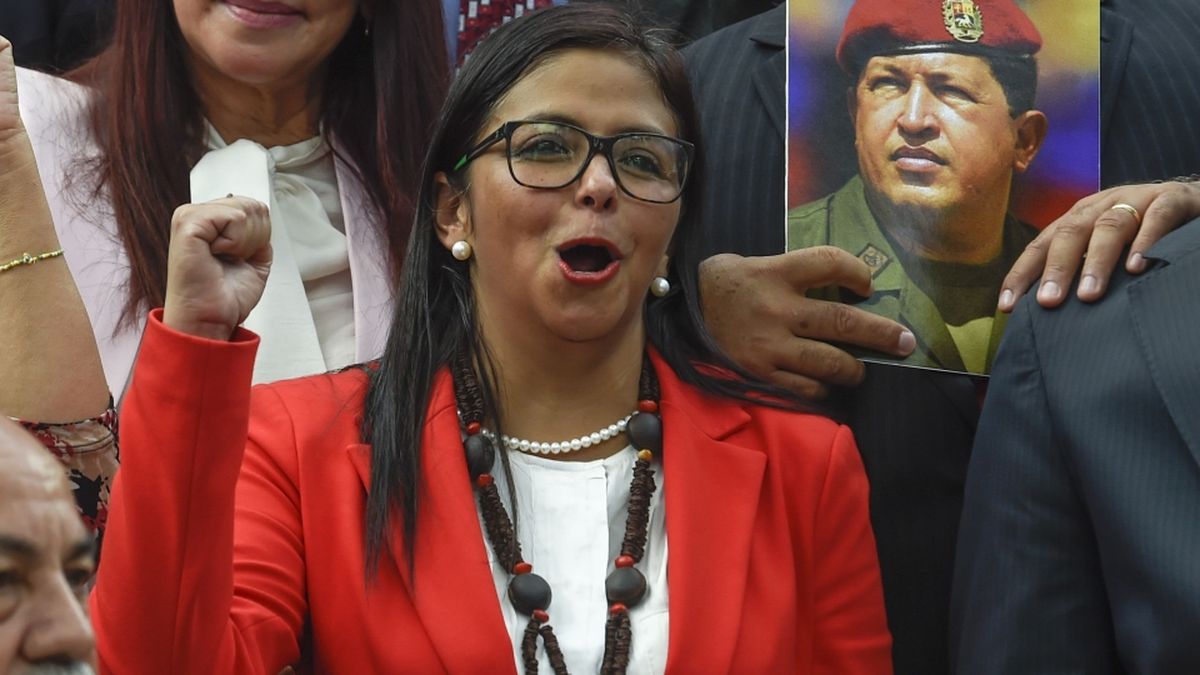The DOSB general meeting provides tailwind for the Olympic bid and top-level sports reform. Interior Minister Nancy Faeser supports it, but also causes disappointment.
At its general meeting, the German Olympic Sports Confederation sent important signals for the future by approving the further development of an Olympic bid and the implementation of a top-level sports reform. “I am satisfied with the unanimous approval of both projects,” said DOSB President Thomas Weikert in Frankfurt.
Federal Interior Minister Nancy Faeser made a commitment to the major Olympic project in her guest speech. “The Olympic Games give us the chance to present ourselves as a cosmopolitan, modern Germany and to strengthen the feeling of unity,” said the SPD politician, who arrived almost two hours later due to the weather conditions. “I say yes to that,” she affirmed. “We want a strong and credible application and will support the DOSB in this.”
The final decision will probably be made at the DOSB Convention in 2024
The expectation that the minister responsible for sport would also comment on the further financing of the major Olympic project with the aim of applying for the 2036 or 2040 Summer Games remained unfulfilled – and also caused disappointment. “It’s a statement, that’s enough for me for now,” was Weikert’s diplomatic comment.
Faeser had completely left out what would happen after the budget freeze was imposed on the federal budget, which also affects the application. There was also dissatisfaction with the fact that the federal government had not yet signed the Memorandum of Understanding. Berlin, Hamburg, Leipzig, Munich and the Rhine-Ruhr region have already specifically expressed their interest in applying for the Olympics with these declarations of intent.
The lighthouse project will enter a crucial phase next year. With the unanimous adoption of a “Frankfurt Declaration”, the DOSB was given the task of developing a detailed concept and at the same time setting the social framework for the Olympic project. At the end of next year, according to planning, the Olympic candidacy for the 2036 or 2040 Summer Games will be decided at the next DOSB convention.
“In times of diverse challenges, geopolitical changes and increasing polarization, the longing for meaningful future projects is increasing in our country,” says the “Frankfurt Declaration”. In times like these, multi-sport events such as the Olympic and Paralympic Games could represent “a motivating, unifying and emotional lighthouse project for Germany”. Based on the concept, a final decision on an application will be made at the DOSB Convention in 2024.
Weikert: “Membership fee increase was necessary”
The reform of top-level sports promotion and management was also initiated in Frankfurt. The concept developed for this purpose with an independent sports agency and a sports funding law was passed and is now to be implemented in the next few years. “It’s a big step forward. Now we’re taking the next step,” said Faeser. Implementation of the reform will begin next year, with the aim of doing something about the declining number of medals at the Olympic Games for years.
Demands from budget politicians in the Bundestag to have more influence and co-determination opportunities in the sports agency had caused discord. Especially since they reduced the funds requested for the agency for 2024 from 600,000 to 200,000 euros and put a spending freeze on them.
The presidium’s request to receive “appropriate compensation” for the extensive commitment at the top of the umbrella organization was postponed. “The motion has been withdrawn. The debate continues,” said Weikert. In any case, this initiative didn’t really fit together with the membership fee increase that was passed. For the first time in 16 years, the DOSB is receiving more money from its member organizations. From January 1, 2025, your contribution to the umbrella organization will increase from nine cents per membership to 14 cents. “This was necessary so that the DOSB remained able to act,” explained Weikert.
Source: Stern
I am Pierce Boyd, a driven and ambitious professional working in the news industry. I have been writing for 24 Hours Worlds for over five years, specializing in sports section coverage. During my tenure at the publication, I have built an impressive portfolio of articles that has earned me a reputation as an experienced journalist and content creator.




